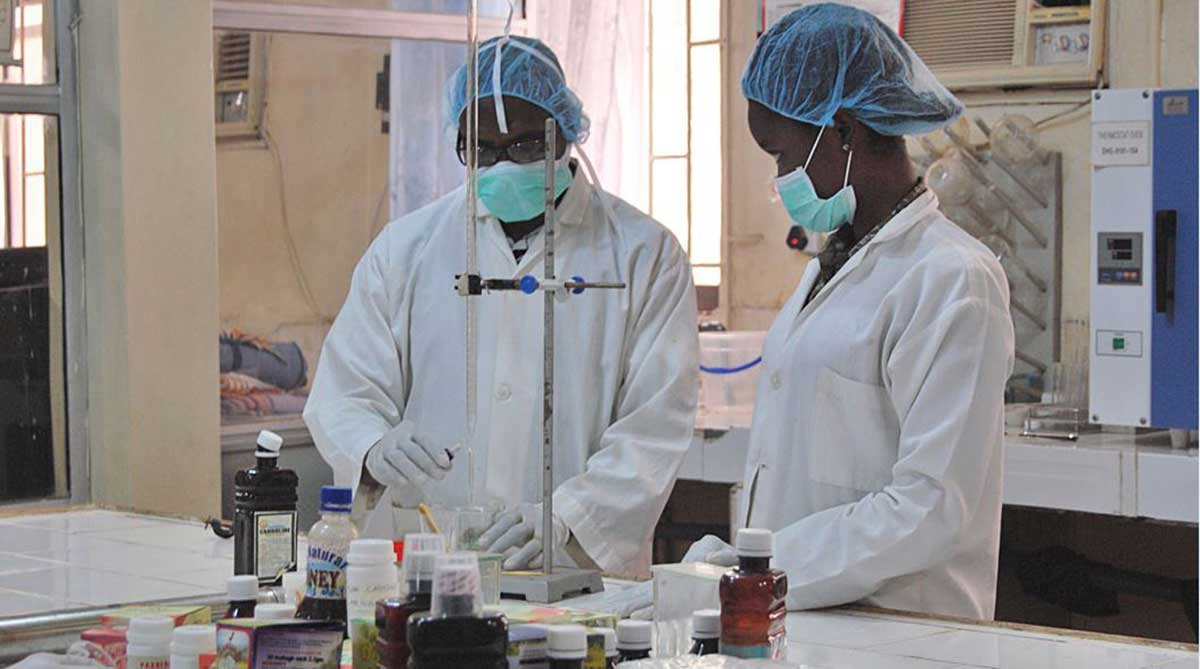The coverage of industrial animal agriculture in Nigeria remains limited, often lacking in-depth analysis, investigative reporting, or adequate framing of environmental and health dimensions.
It was this debacle that prompted a one-day media training on industrial animal farming reporting and the implications for Nigeria, targeted at building their capacity to report accurately, critically, and contextually on the sector.
The training, courtesy of Health of Mother Earth Foundation (HOMEF) and Environmental Rights Action (ERA) in collaboration with Youth in Agroecology and Restoration Network and HEDA Resource Centre, held in Lagos, featured presentation of case studies and documented stories of impact of existing industrial farms in Nigeria, screening of videos showing the impacts of industrial farming in other countries, panel discussions and more.
Based on the positions of the experts who spoke during the training, it was disclosed that industrial animal farming, also known as factory farming presents growing concerns for Nigeria agricultural and food production landscape.
The environmental and food-sovereignty advocates warned that Nigeria risks severe ecological and public-health crises if it embraces industrial animal farming without strict regulation and oversight.
They also made it known that the type of farming raises issues regarding public health, environmental sustainability, animal welfare, labor rights , and socio-economic equity.
In her presentation, the Deputy Executive Director of ERA/FoEN and Chairperson of the Alliance for Food Sovereignty in Africa, Mariann Bassey-Olsson, cautioned that the recent $2.5b investment deal between the Federal Government and Brazilian meat company, JBS S.A., could open the door to widespread deforestation, pollution, and loss of livelihoods.
“Nigeria must not become a dumping ground for industrial agribusiness. We need policies that protect our farmers and our environment, not foreign corporations,” she said.
Bassey-Olsson added that factory farming contributes heavily to greenhouse-gas emissions and antibiotic abuse, warning that unchecked expansion could worsen climate change and escalate public-health risks.
In his presentation titled: ‘Spotlighting the impact of industrial agriculture on frontline communities in Nigeria’, the Programme Manager, HEDA Resource Centre, Mayowa Shobo, who cited the plight of a community in Nasarawa State, disclosed how the presence of industrial-scale farms negatively impacted the livelihood of the community dwellers.
To reduce harm and spread benefits fairly in such communities, Shobo suggested that companies should be required to pay decent wages, hire locally, and provided training in health and safety.
He said: “Environmental rules must be enforced, with independent testing of water and air quality, buffer zones, and funds for clean up. This is especially the role of NESREA and State Environmental Protection under Ministries of Environment; land deals must be transparent and include all community groups, with fair compensation.
“Complaints should be handled by independent bodies that report publicly on outcomes; government should also invest in health centres, flood control and early warning systems, while supporting local food production through seeds, inputs and protection of smallholder plots. Finally, more attention should go to women and youth, who are often sidelined but carry much of the burden.”






